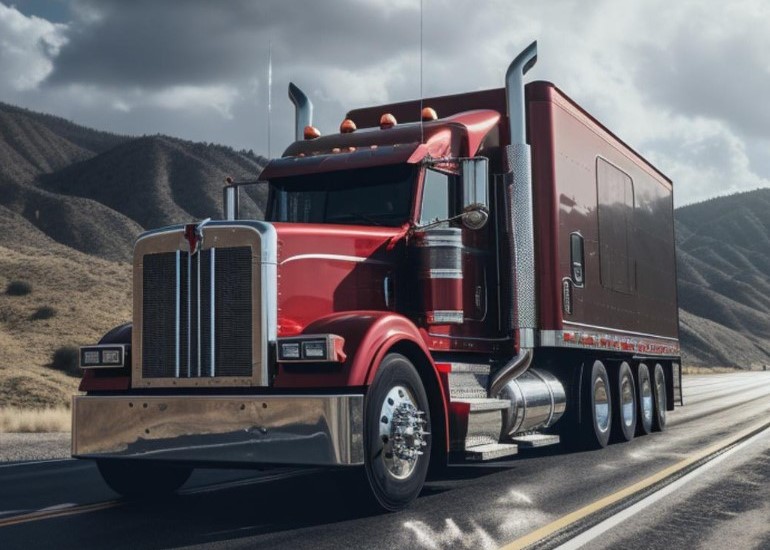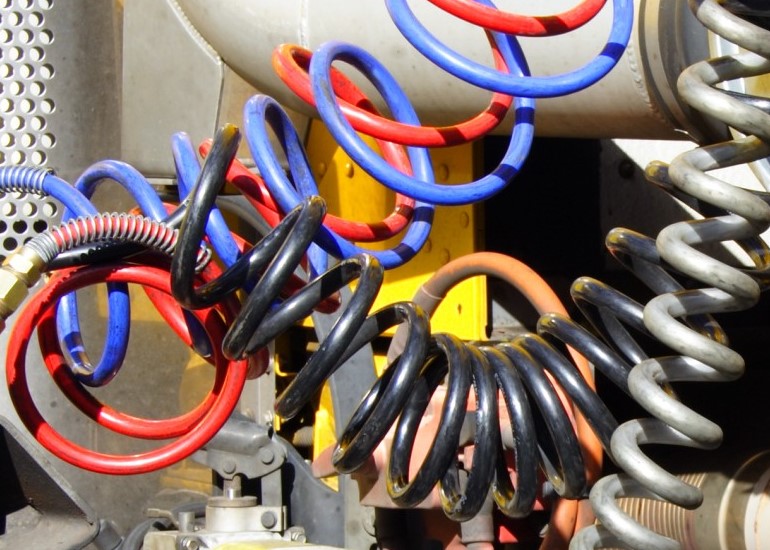Online CDL Permit Practice Tests
state Louisiana
Ace Your Louisiana CDL Exam: Free Practice Tests
Don't waste your time - start practicing with free online tests today
Our free online CDL practice tests cover all the essential topics, including General Knowledge, Air Brakes, and Combination Vehicles. Practice at your own pace, anytime, anywhere, to build your confidence and ensure you’re fully prepared for your CDL exam.
General Knowledge Test
Air Brakes
Test
Combination Vehicle Test
Step-by-Step Guide to Getting a CDL in Louisiana
Step 1: Determine Your CDL Class and Endorsements
To operate commercial vehicles in Louisiana, it’s essential to identify the appropriate Commercial Driver’s License (CDL) class and any necessary endorsements based on the type of vehicle you intend to drive and the cargo you plan to transport. The Louisiana Office of Motor Vehicles (OMV) provides official guidelines to assist you in making these determinations.
CDL Classes in Louisiana:
Class A CDL: Required for operating a combination of vehicles with a Gross Combination Weight Rating (GCWR) of 26,001 pounds or more, provided the towed vehicle has a Gross Vehicle Weight Rating (GVWR) of 10,001 pounds or more. This typically includes vehicles like tractor-trailers.
Class B CDL: Pertains to single vehicles with a GVWR of 26,001 pounds or more, or any such vehicle towing another vehicle not exceeding 10,000 pounds GVWR. Examples include large buses and straight trucks.
Class C CDL: Applies to vehicles that do not meet the definitions of Class A or B but are designed to transport 16 or more passengers, including the driver, or are used to transport hazardous materials requiring placarding.
CDL Endorsements in Louisiana:
Depending on your specific driving duties, you may need to obtain one or more endorsements to your CDL:
Hazardous Materials (H) Endorsement: Allows the transportation of hazardous materials. To obtain this endorsement, you must pass the Hazardous Materials knowledge test and complete a Transportation Security Administration (TSA) background check, including fingerprinting.
Passenger (P) Endorsement: Authorizes the operation of vehicles designed to transport 16 or more passengers, including the driver. This endorsement requires passing both knowledge and skills tests specific to passenger transport.
School Bus (S) Endorsement: Allows for the operation of school buses. To obtain this endorsement, you must pass both knowledge and skills tests and meet specific requirements related to school bus operations.
Tank Vehicle (N) Endorsement: Permits the operation of vehicles designed to transport liquids or gases in bulk tanks. This endorsement requires passing a knowledge test.
Double/Triple Trailers (T) Endorsement: Enables the towing of double or triple trailers. A knowledge test is required for this endorsement.
It’s crucial to determine the specific CDL class and endorsements applicable to your intended commercial driving activities before proceeding with the CDL application process. This ensures compliance with Louisiana regulations and prepares you for the necessary tests and training.
Step 2: Obtain a Commercial Learner's Permit (CLP):
After determining your CDL class and necessary endorsements, the next step in Louisiana is applying for a Commercial Learner’s Permit (CLP). A CLP allows you to legally practice driving a commercial vehicle on public roads under the supervision of a qualified CDL holder.
Requirements to Obtain a CLP in Louisiana
To apply for a CLP in Louisiana, you must already hold a valid Louisiana driver’s license. You must be at least 18 years old for intrastate commercial driving (within Louisiana) and at least 21 years old if you plan to drive interstate, transport hazardous materials, or carry passengers.
You are required to provide proof of identity, legal presence, Social Security Number, and Louisiana residency. Before obtaining a CLP, you must pass all necessary knowledge tests for the CDL class and any endorsements you are applying for, such as General Knowledge, Air Brakes, or Combination Vehicles.
Additionally, you must provide a valid Medical Examiner’s Certificate (DOT medical card) unless you qualify for an exemption. You must also complete self-certification to indicate the type of commercial driving you will be doing (interstate or intrastate).
CLP Validity
In Louisiana, a CLP is valid for 180 days and may be renewed one time.
CLP Driving Rules
While driving with a CLP in Louisiana, you may only operate a commercial vehicle when accompanied by a qualified CDL holder. The supervising CDL holder must be at least 21 years old, have a valid CDL for the same vehicle class, and hold any necessary endorsements. They must be seated in the front passenger seat at all times while you are driving.
Before Taking the Skills Test
You must hold your CLP for a minimum of 14 days before you are eligible to schedule and take your CDL skills test.
Step 3: Complete Entry-Level Driver Training (ELDT):
Before you can take the CDL skills test in Louisiana, you may be required to complete Entry-Level Driver Training (ELDT). This is a federal requirement regulated by the Federal Motor Carrier Safety Administration (FMCSA), and Louisiana fully complies with these regulations.
Who must complete ELDT in Louisiana
ELDT is required if you are:
- Applying for your first Class A or Class B CDL.
- Upgrading from a Class B to a Class A CDL.
- Obtaining your first Passenger (P), School Bus (S), or Hazardous Materials (H) endorsement.
What ELDT includes
ELDT consists of two parts:
- Theory Training, which covers essential knowledge areas such as vehicle inspection, basic control, safe driving practices, hours of service, cargo securement, and regulations. This training may be completed online or in a classroom setting through an approved provider.
- Behind-the-Wheel (BTW) Training, which involves practical, hands-on driving both on a closed range and on public roads under the supervision of a qualified instructor.
How to complete ELDT
You must complete ELDT through a provider listed in the FMCSA Training Provider Registry (TPR). After completion, the provider will electronically submit your training records to the FMCSA database. You cannot schedule your CDL skills test (or the Hazmat knowledge test for the H endorsement) until your ELDT is properly recorded.
Important notes
ELDT is a one-time requirement for each CDL class or endorsement. If you obtained your CDL or endorsement before February 7, 2022, you are not required to complete ELDT for that specific credential.
For more information and a list of registered ELDT providers, visit the official Louisiana Office of Motor Vehicles (OMV) website or the FMCSA Training Provider Registry.
Step 4: Practice with Your CLP:
After receiving your Commercial Learner’s Permit (CLP) in Louisiana, you must use this time to gain hands-on experience operating a commercial motor vehicle (CMV). This practice period helps you prepare for the CDL skills test and ensures you develop the skills needed to drive safely and legally.
CLP Driving Rules in Louisiana
While practicing with a CLP in Louisiana, you may only drive a commercial vehicle under the supervision of a qualified CDL holder. The supervising driver must be at least 21 years old, have a valid CDL for the same class of vehicle, and possess any necessary endorsements. They are required to be seated in the front passenger seat at all times during operation.
What to focus on while practicing
During this period, you should practice the specific skills you will need to demonstrate on the CDL skills test, including:
- Conducting a full pre-trip inspection to identify safety issues.
- Mastering basic vehicle control, such as backing, turning, and parking maneuvers.
- Driving on public roads and highways, focusing on real-world driving situations like intersections, lane changes, turns, and entering and exiting highways.
Helpful practice advice
It is recommended that you practice in the same type and class of vehicle you plan to use for your CDL skills test. Keep in mind that if you take the skills test in a vehicle with certain features, like an automatic transmission or no air brakes, restrictions may be added to your CDL based on the limitations of that vehicle.
Your practice time with the CLP is essential to gaining confidence and improving your driving abilities before your skills test. For additional guidance, review the Louisiana CDL Manual, available from the Louisiana Office of Motor Vehicles (OMV).
Step 5: Schedule and Pass the CDL Skills Test:
After holding your Commercial Learner’s Permit (CLP) for at least 14 days and completing any required training, the next step in Louisiana is to schedule and take your CDL skills test. This test evaluates your ability to safely and effectively operate a commercial motor vehicle.
How to schedule your CDL skills test
You must schedule your skills test through an approved Louisiana Office of Motor Vehicles (OMV) testing site or authorized third-party testing provider. Before scheduling, you must have completed all required Entry-Level Driver Training (ELDT) if applicable, and your training must be recorded in the FMCSA Training Provider Registry.
What to bring on the day of your test
On the day of your test, you must provide your valid Louisiana driver’s license, your Commercial Learner’s Permit (CLP), and your valid Medical Examiner’s Certificate (DOT medical card) if required. You are also responsible for providing a vehicle that matches the class of CDL you are testing for. The vehicle must be in safe, working condition and pass a safety inspection prior to testing.
What the CDL skills test includes
The CDL skills test is made up of three sections:
- Pre-Trip Vehicle Inspection: You must demonstrate your ability to inspect your vehicle and identify any safety concerns or issues.
- Basic Vehicle Control Test: You will complete basic driving maneuvers such as straight-line backing, offset backing, and parallel parking.
- On-Road Driving Test: You will drive in live traffic, demonstrating safe operation in real-world situations like intersections, turns, lane changes, highway driving, and stopping.
Important reminders
If you take the skills test in a vehicle with specific limitations (such as an automatic transmission or no air brakes), these restrictions will appear on your CDL. You are responsible for supplying the appropriate vehicle for your test, and it must match the class and type of CDL you are applying for.
After successfully passing all three sections of the CDL skills test, your results will be submitted to the Louisiana OMV, and you will become eligible to receive your Commercial Driver’s License (CDL).
Step 6: Obtain Your CDL:
After successfully passing all three parts of the CDL skills test in Louisiana, the final step is to officially obtain your Commercial Driver’s License (CDL).
How to get your CDL
Once your passing skills test results are submitted to the Louisiana Office of Motor Vehicles (OMV), you must visit a Louisiana OMV office to complete the CDL issuance process.
What to bring to the OMV
To obtain your CDL, you must provide your valid Louisiana driver’s license, your Commercial Learner’s Permit (CLP), your Medical Examiner’s Certificate (DOT medical card) if required, and proof of identity, lawful presence in the U.S., Social Security Number, and Louisiana residency (if not already on file). You will also be required to pay the applicable CDL issuance fees, which vary depending on your CDL class and any endorsements.
What happens next
Once your documents are verified and the fees are paid, the OMV will issue your CDL, which will include your CDL class (A, B, or C), any endorsements you have earned (such as Hazmat, Tanker, or Passenger), and any restrictions based on the type of vehicle used during your skills test (such as automatic transmission or no air brakes).
After receiving your CDL
You are responsible for keeping your medical certification up to date with the Louisiana OMV. Louisiana CDLs are generally valid for four years, and it is your responsibility to renew your CDL before it expires. You must also update your address or any personal information when required and follow all state and federal regulations for CDL holders.
After this step is complete, you are officially licensed to operate commercial vehicles according to the class and endorsements of your CDL, both in Louisiana and across the U.S. (if eligible for interstate driving).
Additional Considerations:
When obtaining and maintaining your Commercial Driver’s License (CDL) in Louisiana, there are important rules and responsibilities you must follow to stay compliant with state and federal regulations and to protect your CDL privileges.
Medical Certification
Most CDL holders must maintain a valid Medical Examiner’s Certificate (DOT medical card) and provide it to the Louisiana Office of Motor Vehicles (OMV). You are also required to complete a self-certification to declare whether you drive interstate or intrastate and whether you are subject to medical requirements. If your medical certification expires or is not updated, your CDL will be downgraded or suspended until it is corrected.
Hazardous Materials Endorsement (HME)
To obtain or renew a Hazardous Materials (H) endorsement in Louisiana, you must pass the Hazmat knowledge test, complete a Transportation Security Administration (TSA) background check with fingerprinting, and meet all federal security standards. This background check must be renewed every five years to maintain the endorsement.
Military Skills Test Waiver
Louisiana offers a Military Skills Test Waiver for eligible current and former military service members with recent heavy vehicle driving experience. This waiver may allow you to skip the CDL skills test. However, you must still pass all required knowledge tests and meet applicable medical and licensing requirements.
Driving Record Requirements
CDL holders in Louisiana are held to stricter standards than regular drivers. Serious traffic violations—such as DUI, leaving the scene of an accident, or using a commercial vehicle in the commission of a felony—can lead to suspension, revocation, or permanent disqualification of your CDL. Even violations in your personal vehicle can negatively impact your CDL status.
CDL Renewal
Louisiana CDLs are typically valid for four years. You are responsible for renewing your CDL before it expires, as well as keeping your medical certification, endorsements, and background checks current.
Vehicle Restrictions
If you complete your CDL skills test in a vehicle with certain limitations (such as automatic transmission or no air brakes), these restrictions will appear on your CDL and limit the types of vehicles you can legally operate.
Notification Requirements
As a CDL holder in Louisiana, you must notify the Louisiana OMV of any changes to your address, medical certification status, or driving eligibility. You must also report any out-of-state traffic convictions or disqualifying offenses.
By following these rules and staying up to date with your records and certifications, you can keep your CDL valid and continue operating commercial vehicles safely and legally in Louisiana and across the U.S.
Frequently asked questions
What is the minimum age to get a CDL in Louisiana?
In Louisiana, you must be at least 18 years old to obtain a CDL for intrastate driving (within Louisiana). You must be 21 years old to drive interstate (between states), transport hazardous materials, or operate vehicles designed to carry passengers.
Do I need a regular Louisiana driver’s license to apply for a CDL?
Yes, you must hold a valid Louisiana driver’s license before applying for a Commercial Learner’s Permit (CLP) or a CDL.
What is a Commercial Learner’s Permit (CLP), and why is it required?
A CLP allows you to practice operating a commercial motor vehicle on public roads under the supervision of a qualified CDL holder. In Louisiana, you must hold your CLP for at least 14 days before you are eligible to take the CDL skills test.
What tests are required to get a CDL in Louisiana?
To obtain your CDL, you must pass all required knowledge tests, including General Knowledge, Air Brakes (if applicable), and any necessary endorsement exams. After passing the knowledge tests, you must complete the CDL skills test, which includes a pre-trip vehicle inspection, basic vehicle control, and on-road driving.
Is Entry-Level Driver Training (ELDT) required in Louisiana?
Yes, ELDT is required if you are applying for your first Class A or Class B CDL, upgrading from a Class B to Class A, or obtaining your first Passenger (P), School Bus (S), or Hazardous Materials (H) endorsement. ELDT must be completed through a provider listed on the FMCSA Training Provider Registry.
Do I need a medical card to get a CDL in Louisiana?
Yes, most CDL applicants and holders are required to have a valid Medical Examiner’s Certificate (DOT medical card). You must keep your medical card current and provide it to the Louisiana OMV. If your medical card expires, your CDL may be downgraded or suspended.
How do I get a Hazardous Materials Endorsement (HME) in Louisiana?
To obtain a Hazmat endorsement, you must pass the Hazardous Materials knowledge test, complete a TSA background check with fingerprinting, and meet federal security requirements. The background check must be renewed every five years to maintain the endorsement.
Can military driving experience help me get a CDL in Louisiana?
Yes, Louisiana offers a Military Skills Test Waiver for eligible service members who have recent experience operating heavy military vehicles. If approved, this waiver may allow you to skip the CDL skills test. However, you are still required to pass all necessary knowledge tests.
What happens if my medical certificate expires?
If your medical certificate expires and is not updated with the Louisiana OMV, your CDL will be downgraded, suspended, or canceled, and you will lose your commercial driving privileges until the medical certification is updated.
Where can I find official CDL information for Louisiana?
Official CDL information, forms, and requirements are available on the Louisiana Office of Motor Vehicles (OMV) website or at your local OMV office.



